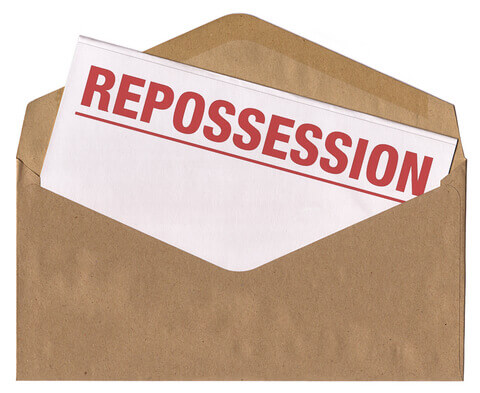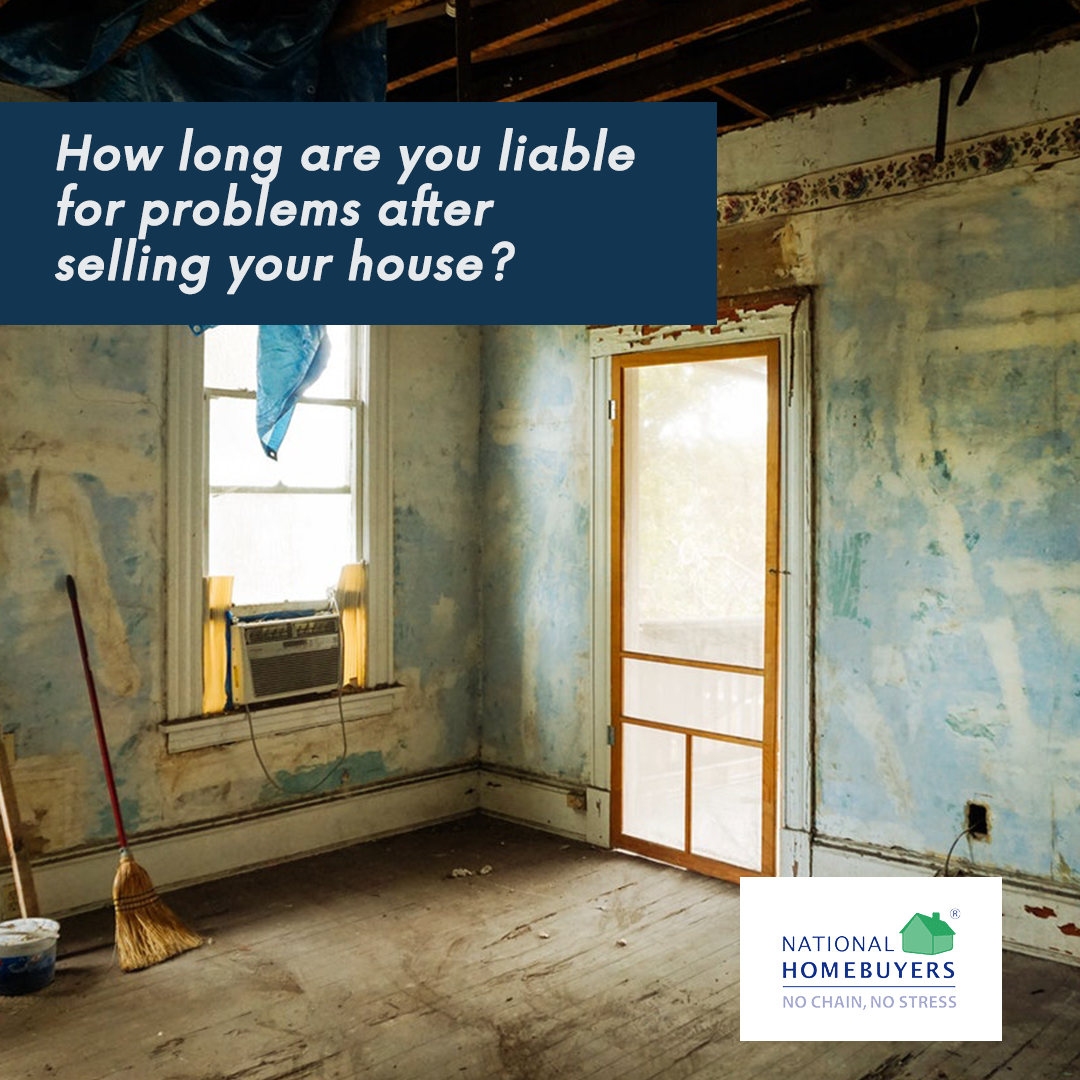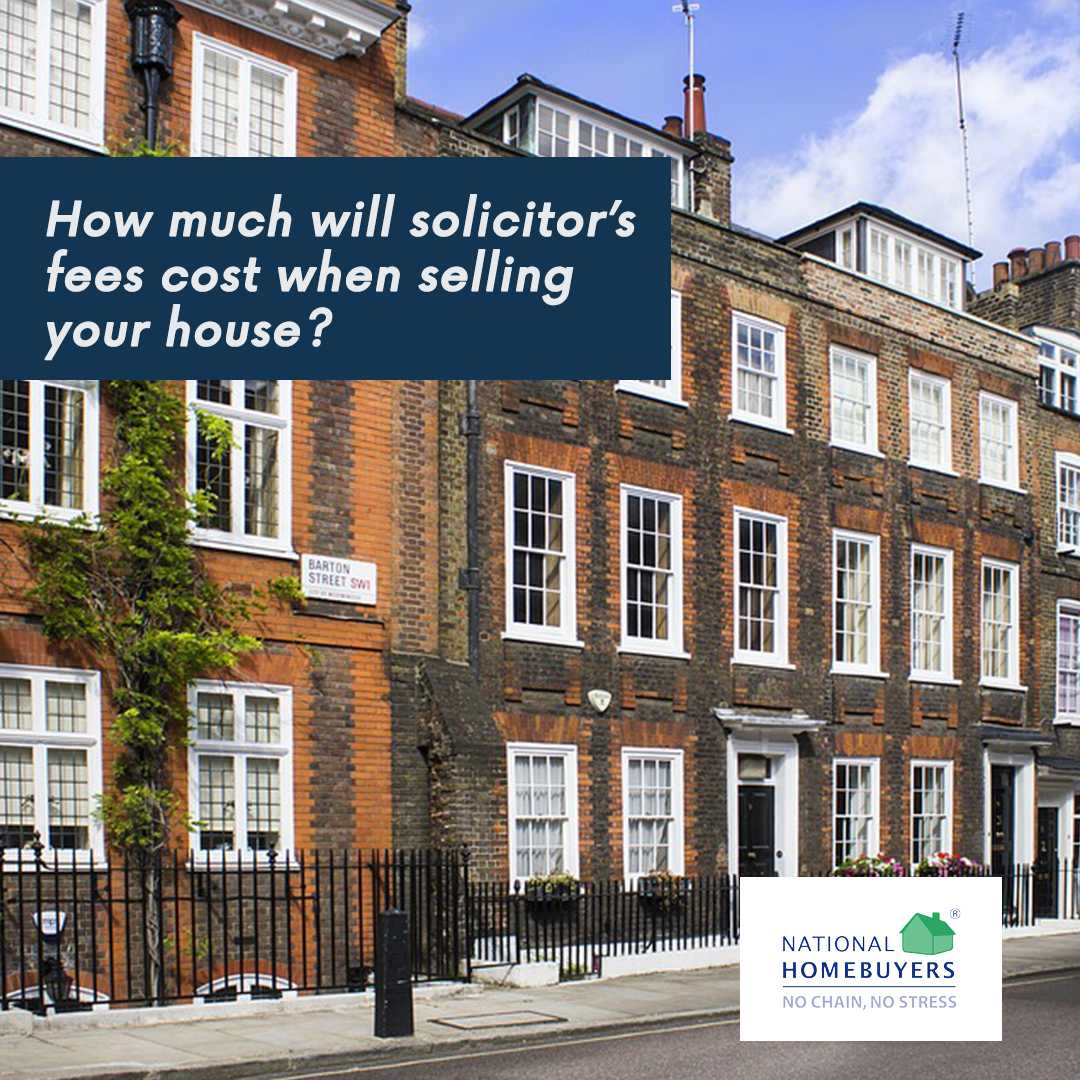How to avoid repossession of your home
While many consider it a personal dream to own a home, the dream can quickly turn into a nightmare if you are unable to keep up with the repayments. In this article, we’re going to look at the repossession process, and how to avoid it.
How does a house repossession work?
The term ‘house repossession’ can strike fear into the heart of the bravest of homeowners. After spending years saving for a deposit due to high housing values, it is always undeniably heart-breaking to learn that you have to start again from nothing. However, house repossession laws are there to protect the interests of the mortgage lender as a result of your inability to cover the monthly fees you agreed to pay.
To be fair to lenders, they are often more than willing to give you several opportunities to clear your arrears over several months, and will only allow the courts to get involved if it becomes obvious that you have no intention of paying, or are unable to afford the repayments at any point in the near future.
What happens when your house is repossessed?
All lenders must follow a pre-determined set of rules to before initiating court action. In normal circumstances, a lender will contact you if you miss a payment in order to learn why you have done so. More often than not, if it is simply a case that you have lost your job, or have had an unexpected payment leave your bank account high and dry, they will happily adjust the amount you pay over the proceeding months until the arrears are cleared.
If, however, you have missed multiple payments, the lender may apply for a court order to commence repossession proceedings. If a judge considers their reasoning just, then the courts will schedule a hearing during which the aforementioned judge will hear both sides of the story and decide whether you can keep your home, or if the lender has sufficient reason to repossess your home.
During the hearing, it is entirely possible that you can stop the house repossession. This is, however, up to the discretion of the judge.
How to prevent the repossession of your home?
You are always entitled to discuss the situation with a legal advisor prior to the court date in an effort to prevent repossession, and there are three possible outcomes with which the judge may help you in accordance with house repossession laws:
- They could rule in your favour, allowing you to continue living in your home without risk of further prosecution.
- The case could be adjourned, providing you with more time to prepare before returning to court.
- The judge may issue a suspended possession order which allows you to stay in your home – provided you adhere to the conditions set forth within the order.
Can house repossessions be stopped?
Many people who are facing repossession will take the opportunity to sell their home as fast as possible in order to make the necessary repayments, and still recover a portion of the deposit that they originally paid the lender in order the buy the home. One of the ways to accomplish this that is growing in popularity is to utilise the services of a house-buying company such as National Homebuyers.
Since National Homebuyers are able to complete a sale in as little as two weeks from first point of contact, you can rest assured that you will be able to sell the home and repay the lender before being removed by a bailiff.
Other methods used to avoid a house repossession are as follows:
- Renting the property out to tenants can be a godsend, as rental payments are almost always more than the monthly mortgage repayments you originally agreed upon. This means that you can move into a separate rented property yourself and cover those costs with your wages, and use all the money earnt from the tenants in the property you own to pay your mortgage, as well as begin to pay back your arrears.
- If you have mortgage repayment insurance, and the reason for which you are unable to make the repayments are covered by the terms and conditions – for example illness, injury or loss of a job through no fault of your own – then your insurance provider will be able to continue making mortgage repayments on your behalf for however long the policy allows.
- Consult the citizen’s advice bureau as to whether you qualify for aid from the government as a result of your situation.
- Simply discuss your situation with the lender before a judge is involved. For many lenders, it is much simpler to work out a repayment plan than to employ house repossession laws and risk losing a case, as well as ending up spending more money in legal fees. Furthermore, in accordance with lending law, a lender must treat you fairly and provide you with ample opportunities to make the necessary repayments.
What happens after a house repossession?
If worst comes to worst, and you do face a house repossession, the following will happen:
- You will be given a set amount of time to vacate the property, and if you do not leave within this time then the courts will send a bailiff to forcibly remove you.
- The lender will take possession of your home, and list it for sale.
- The lender must sell the property in a reasonable amount of time, otherwise they may be seen as trying to capitalise on the situation by taking advantage of rising sold house prices. If you feel that they are doing so, then you are within your rights to complain to the Ombudsman.
- The price at which the property is sold will not necessarily be as much as you would have received yourself if you were to sell it, but the price that the property is sold for will be used to cover the following costs:
- Your outstanding mortgage.
- Any repair or maintenance fees for damage that could prevent a sale.
- The legal costs they incurred from taking you to court.
- The costs involved in the sale of the property such as estate agent fees, solicitor fees, or conveyancing fees.
Looking to sell your home before it is repossessed? Why not ask National Homebuyers for advice, as we buy any house. Call 08000 443 911 or request a call back to find out how much you could get for your property.






